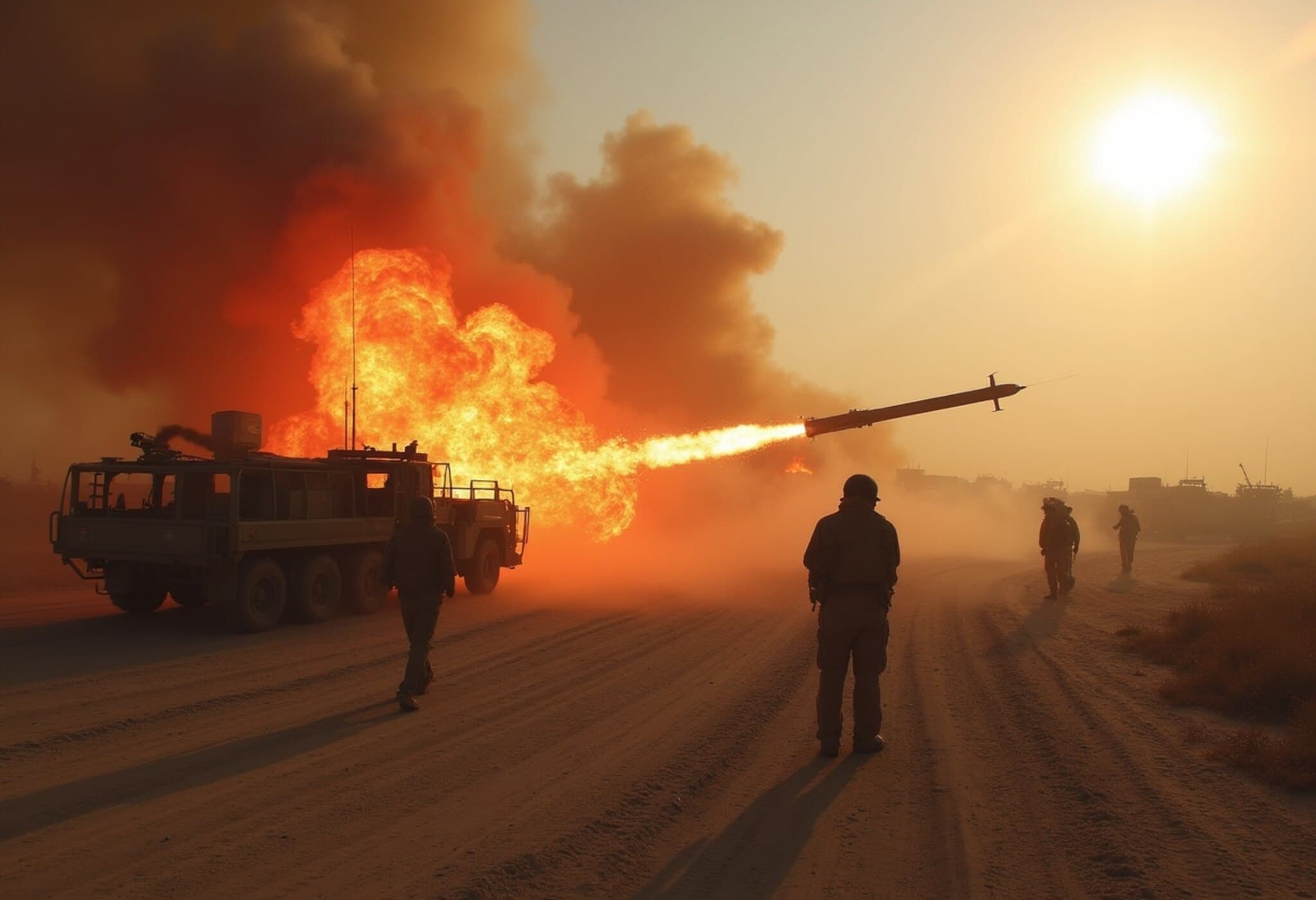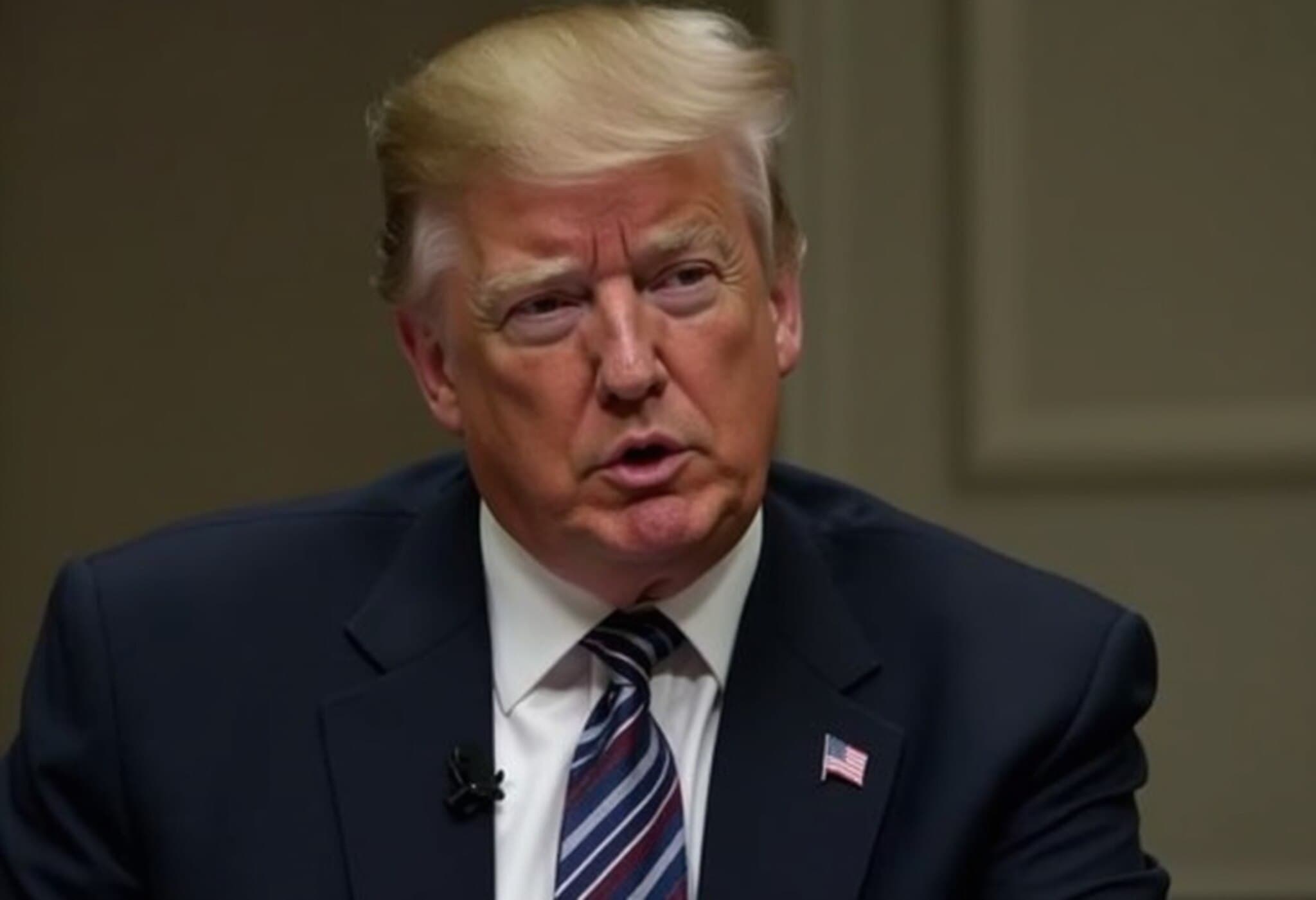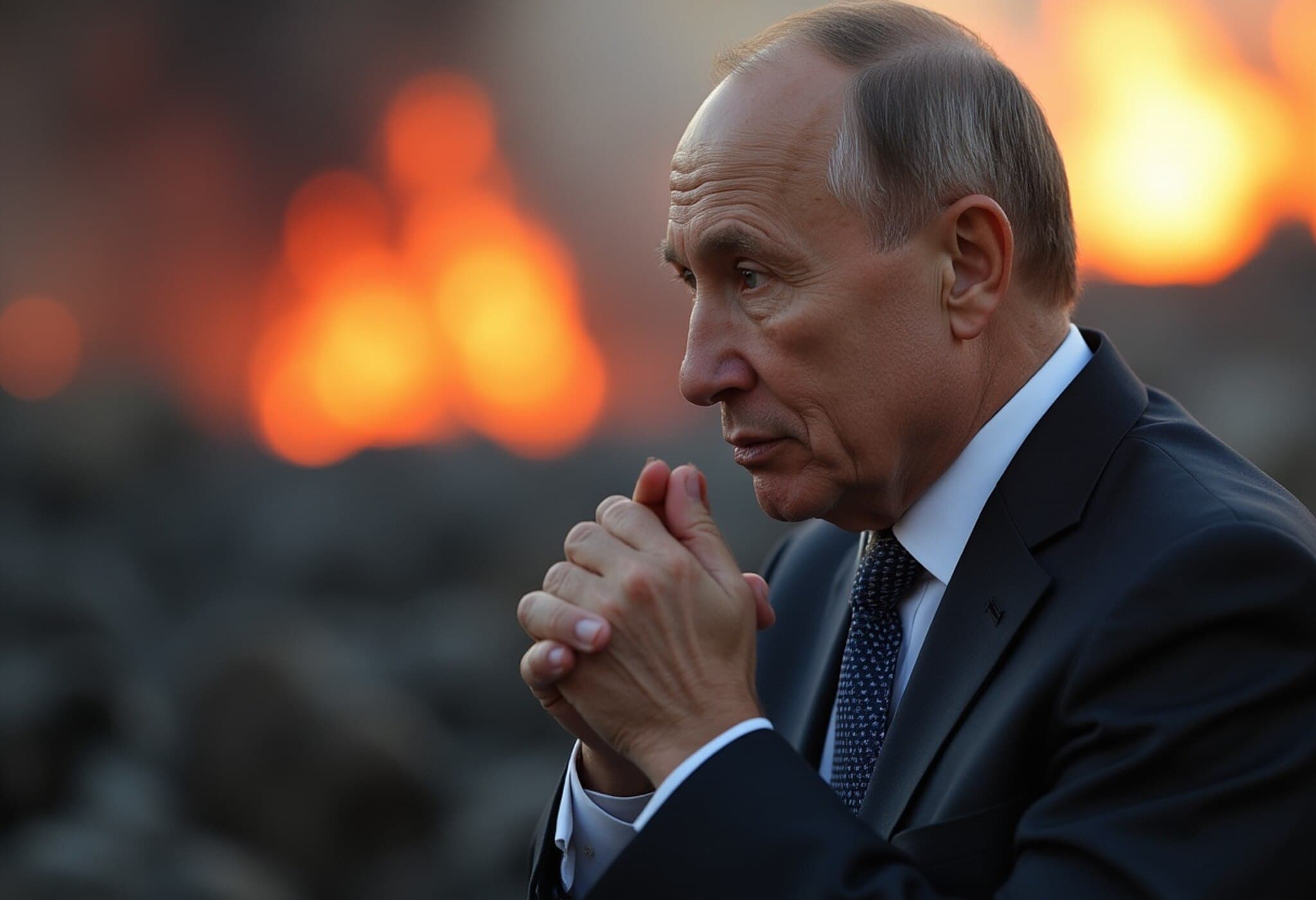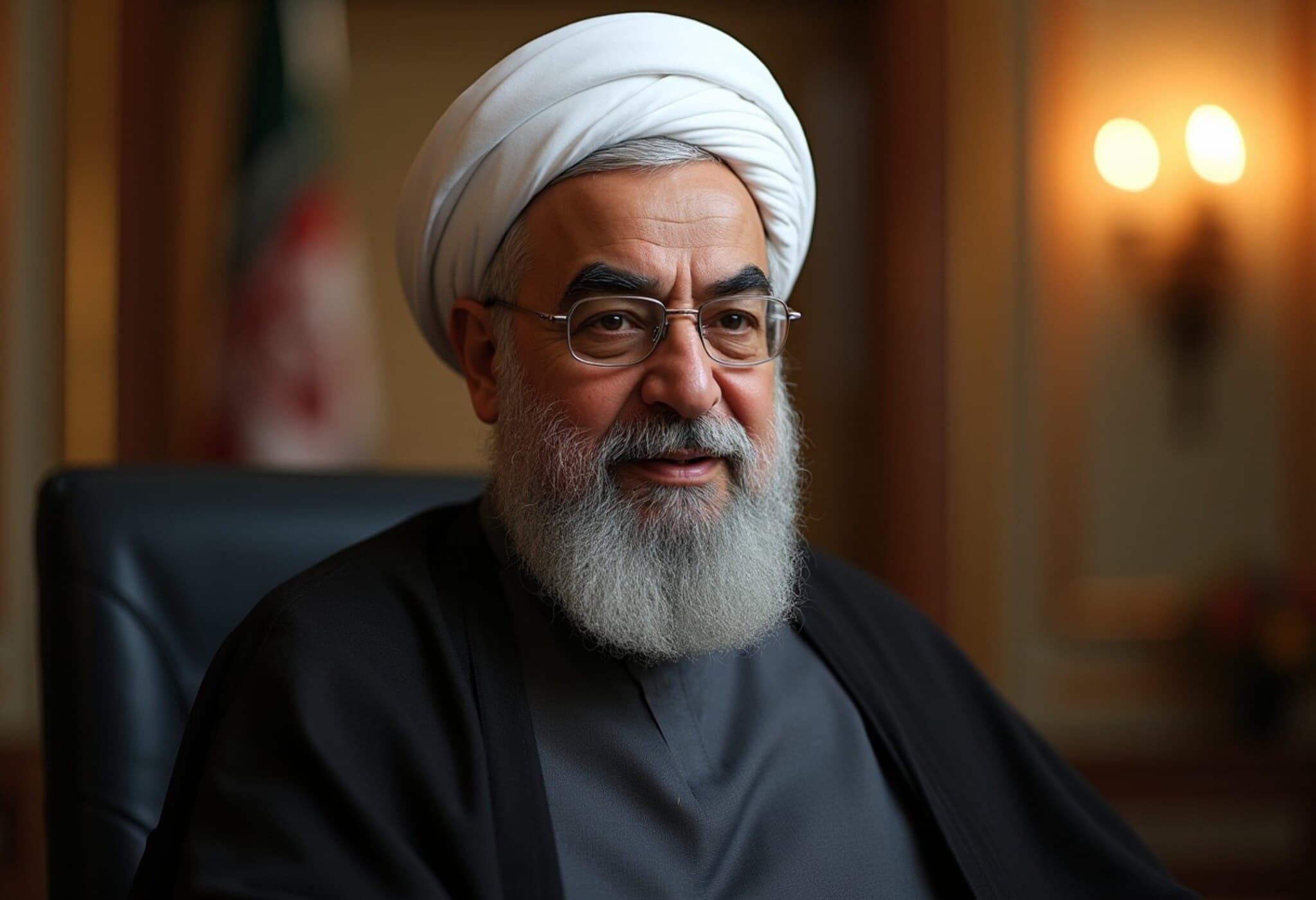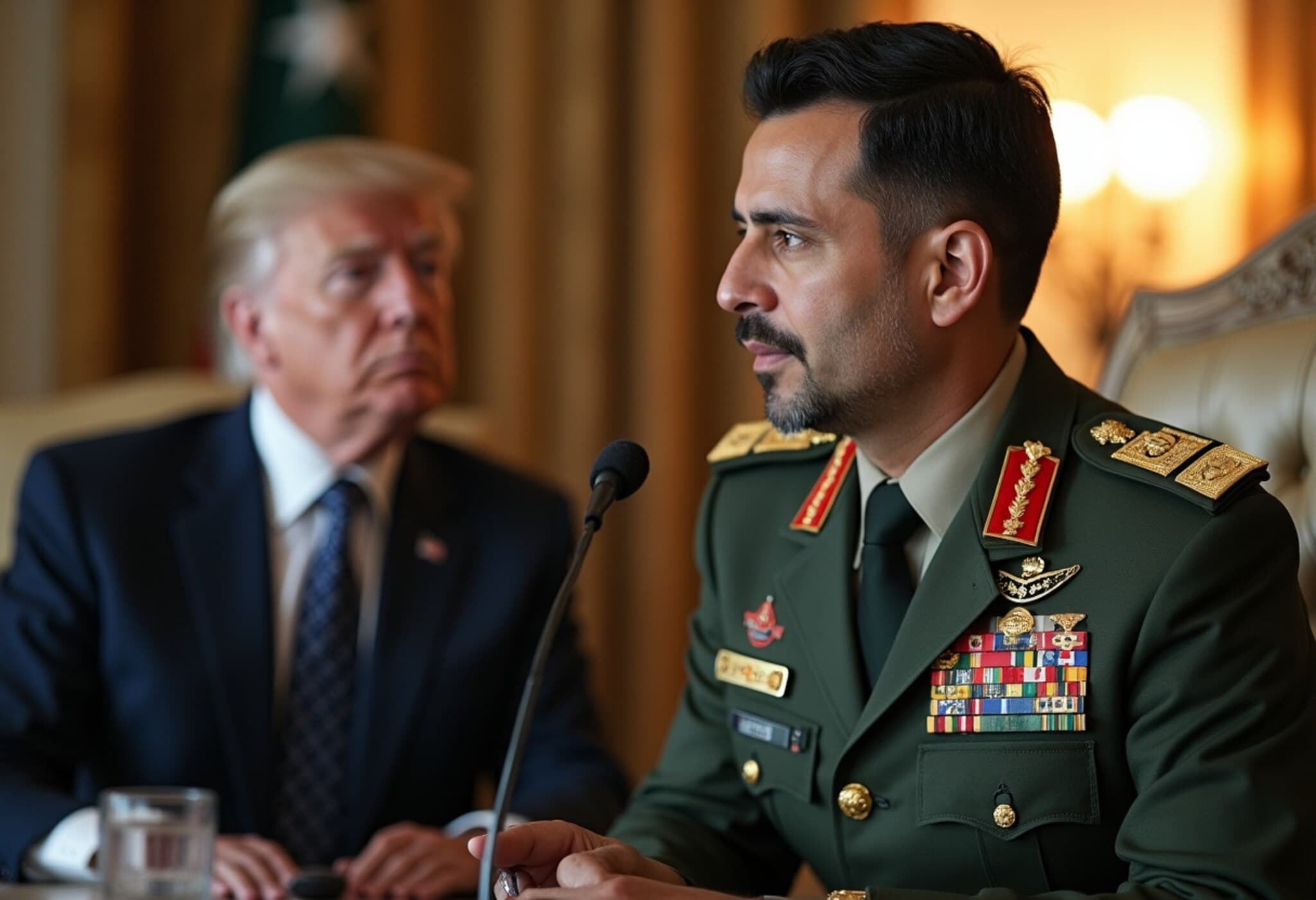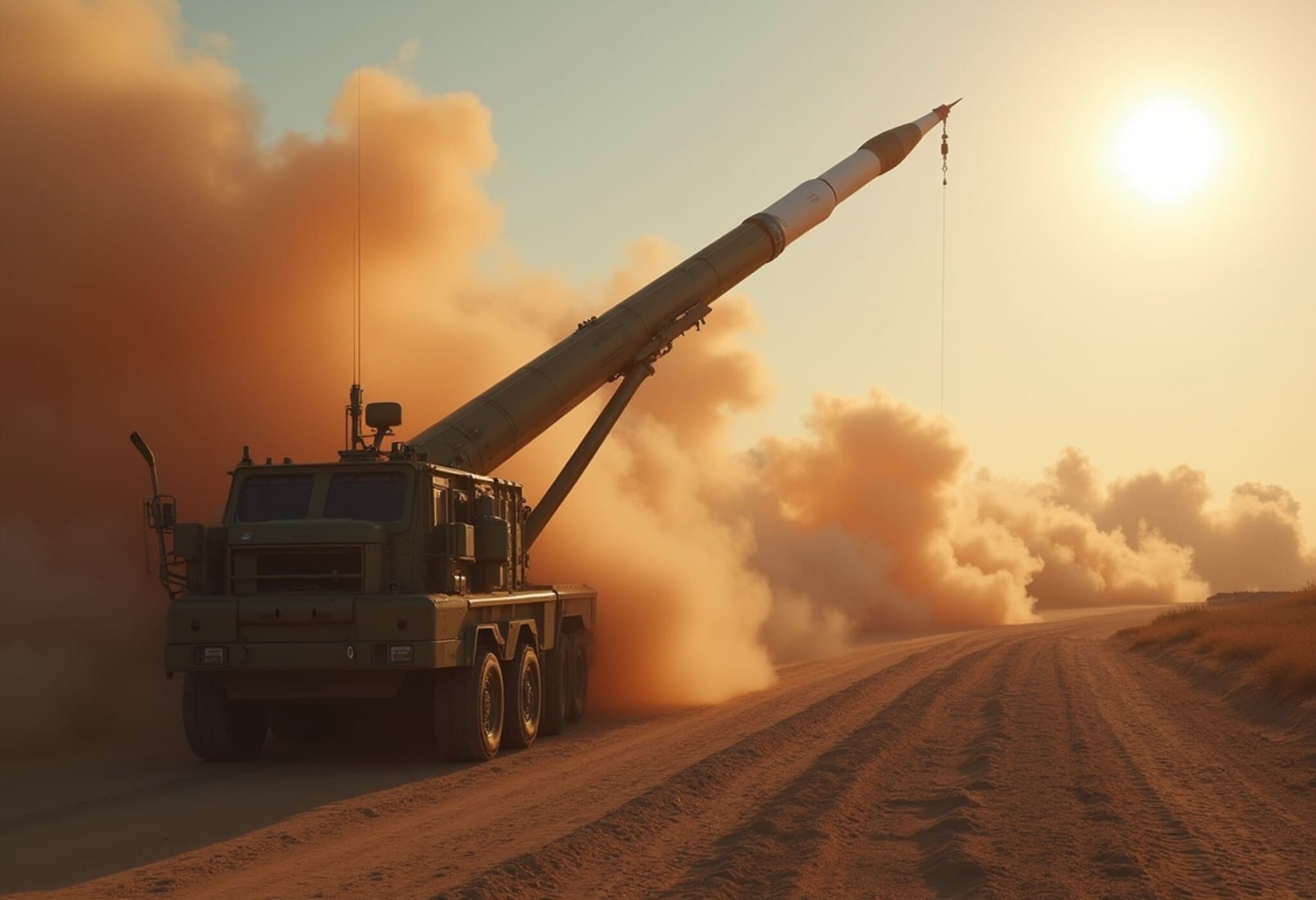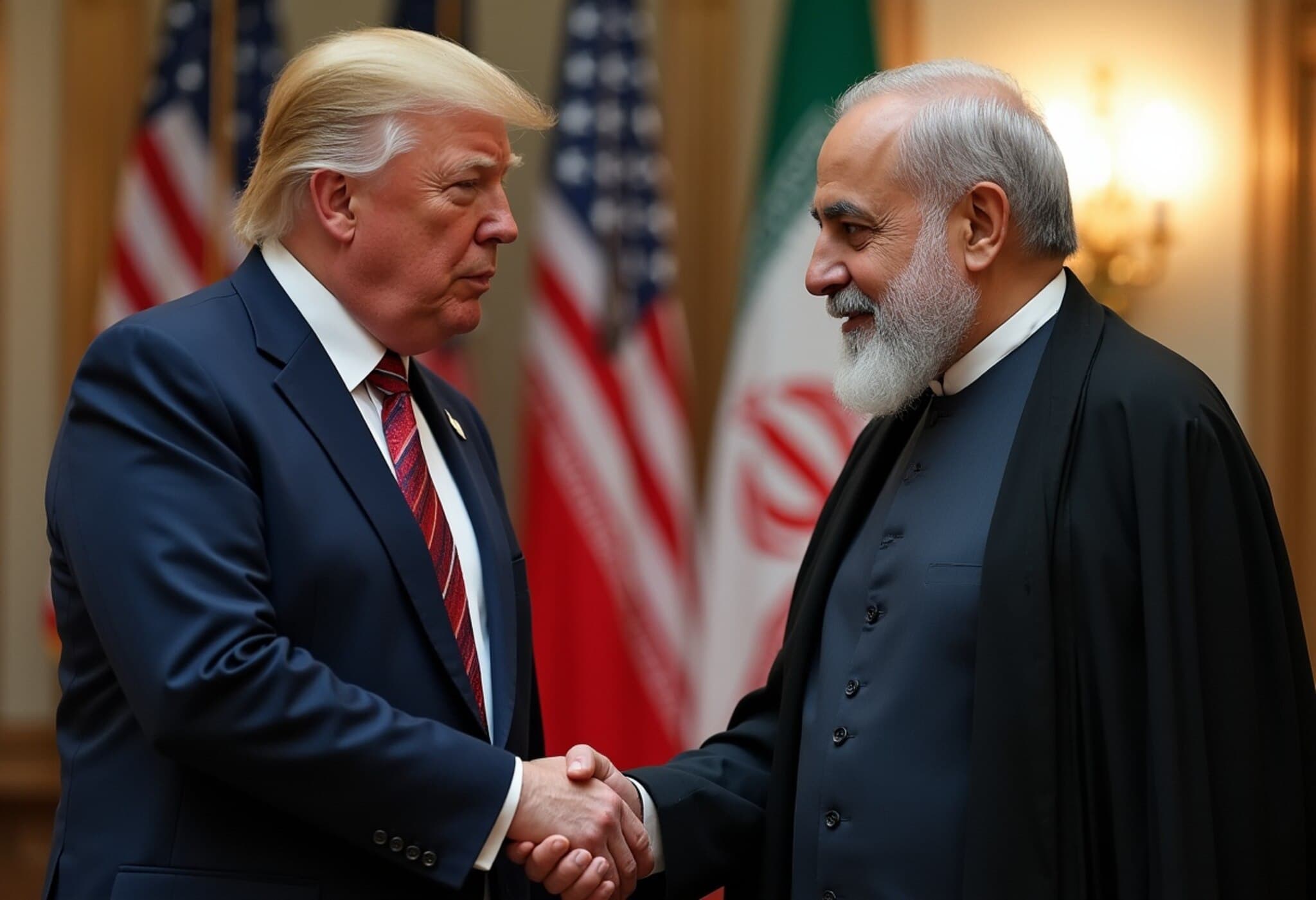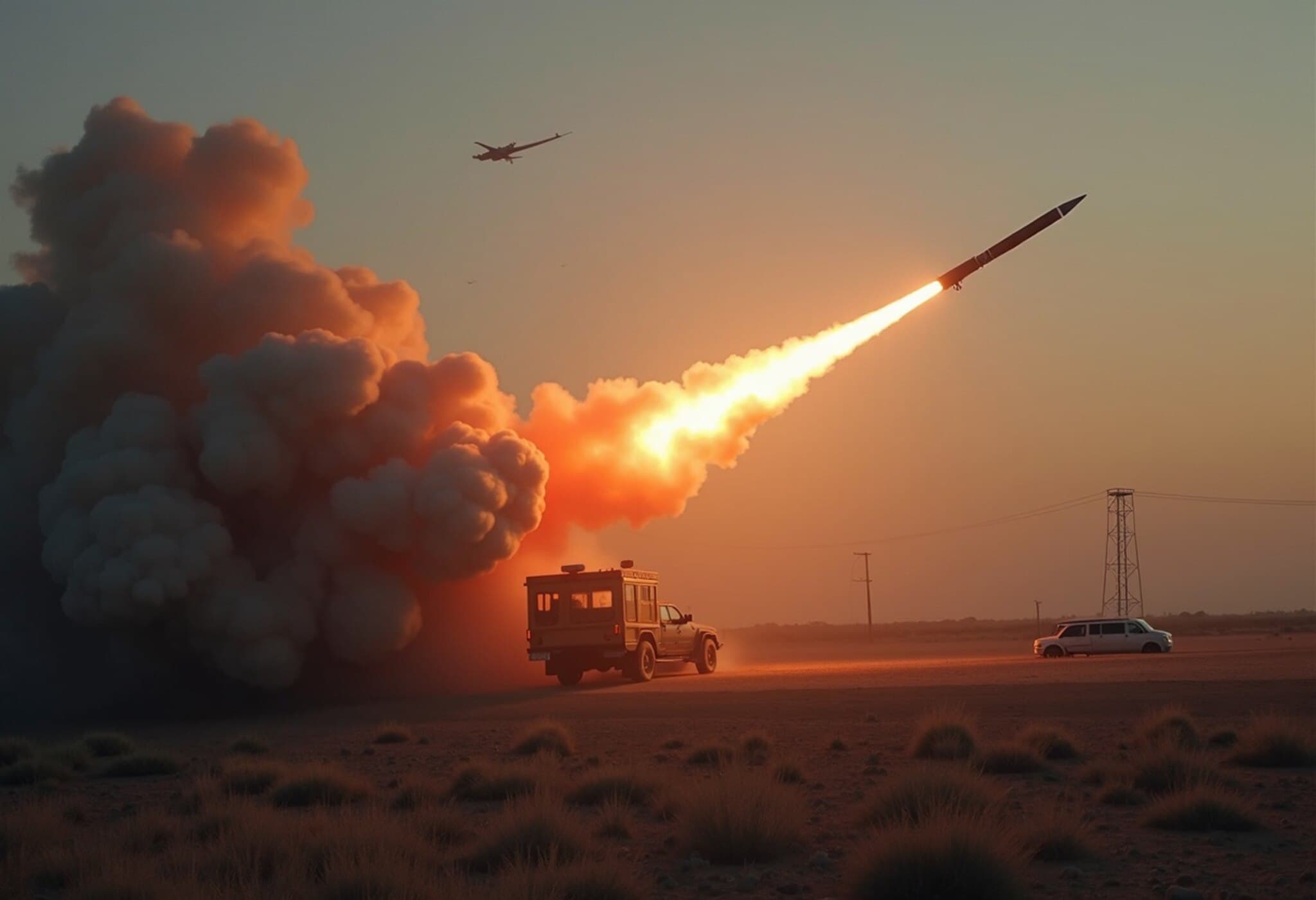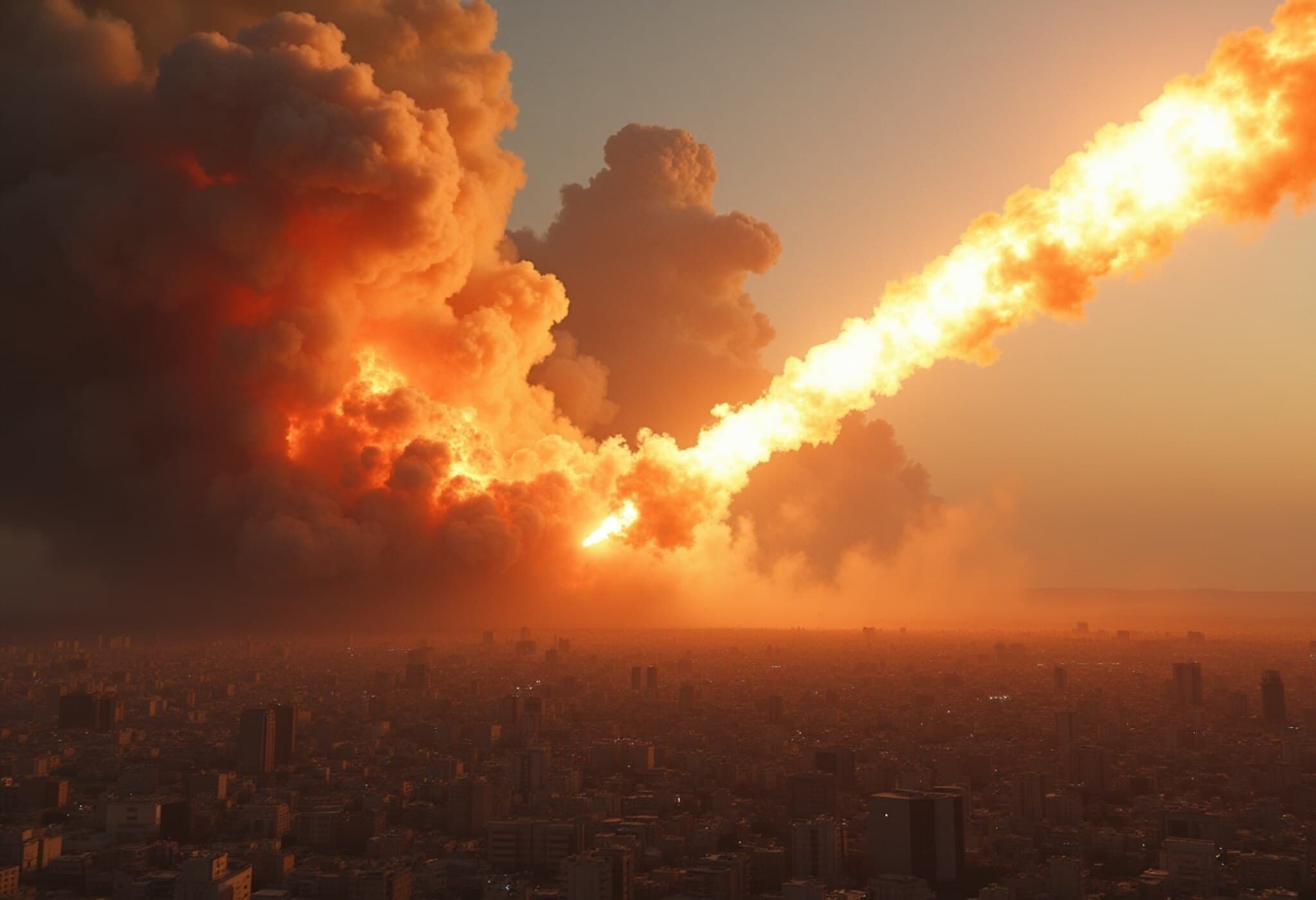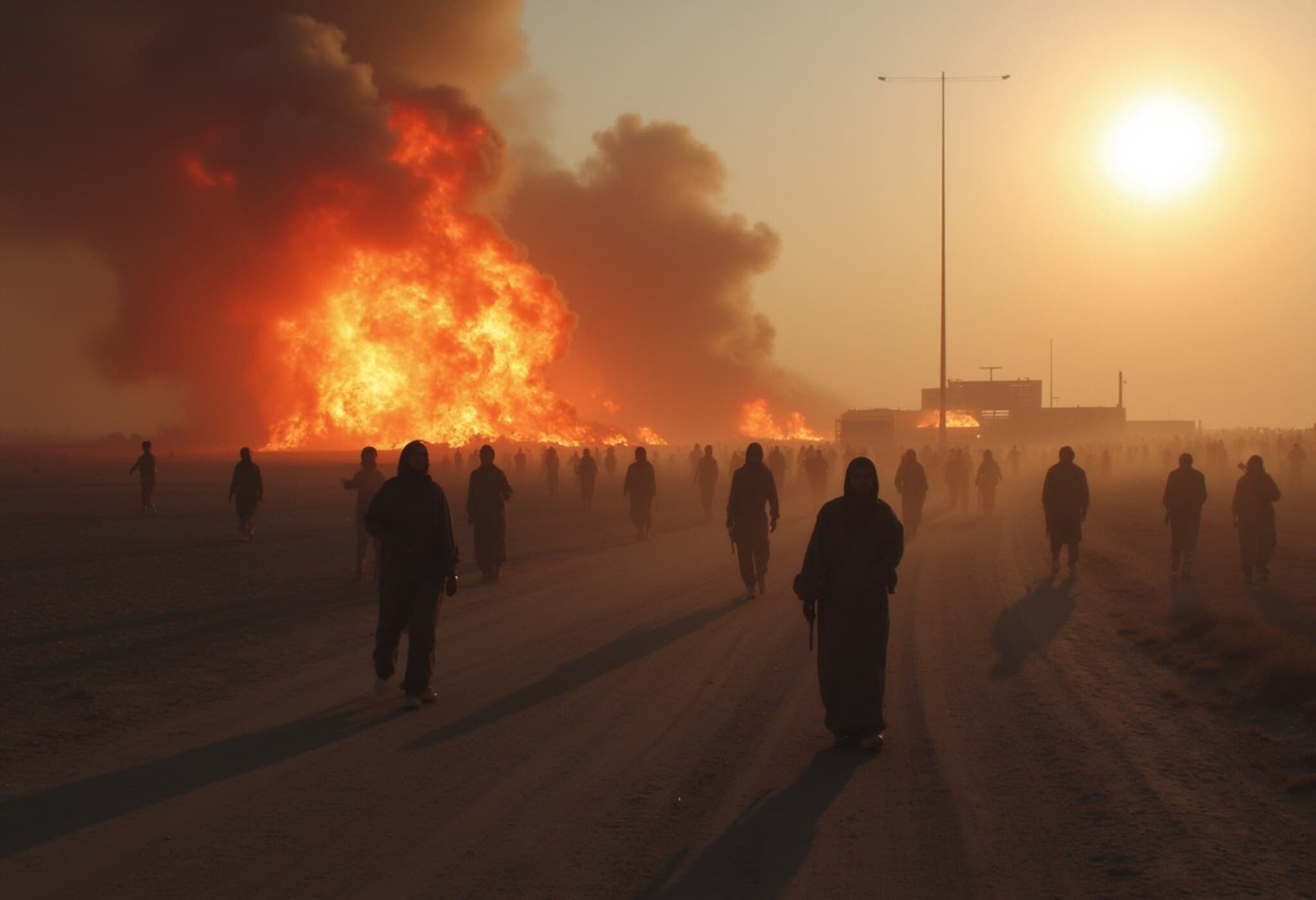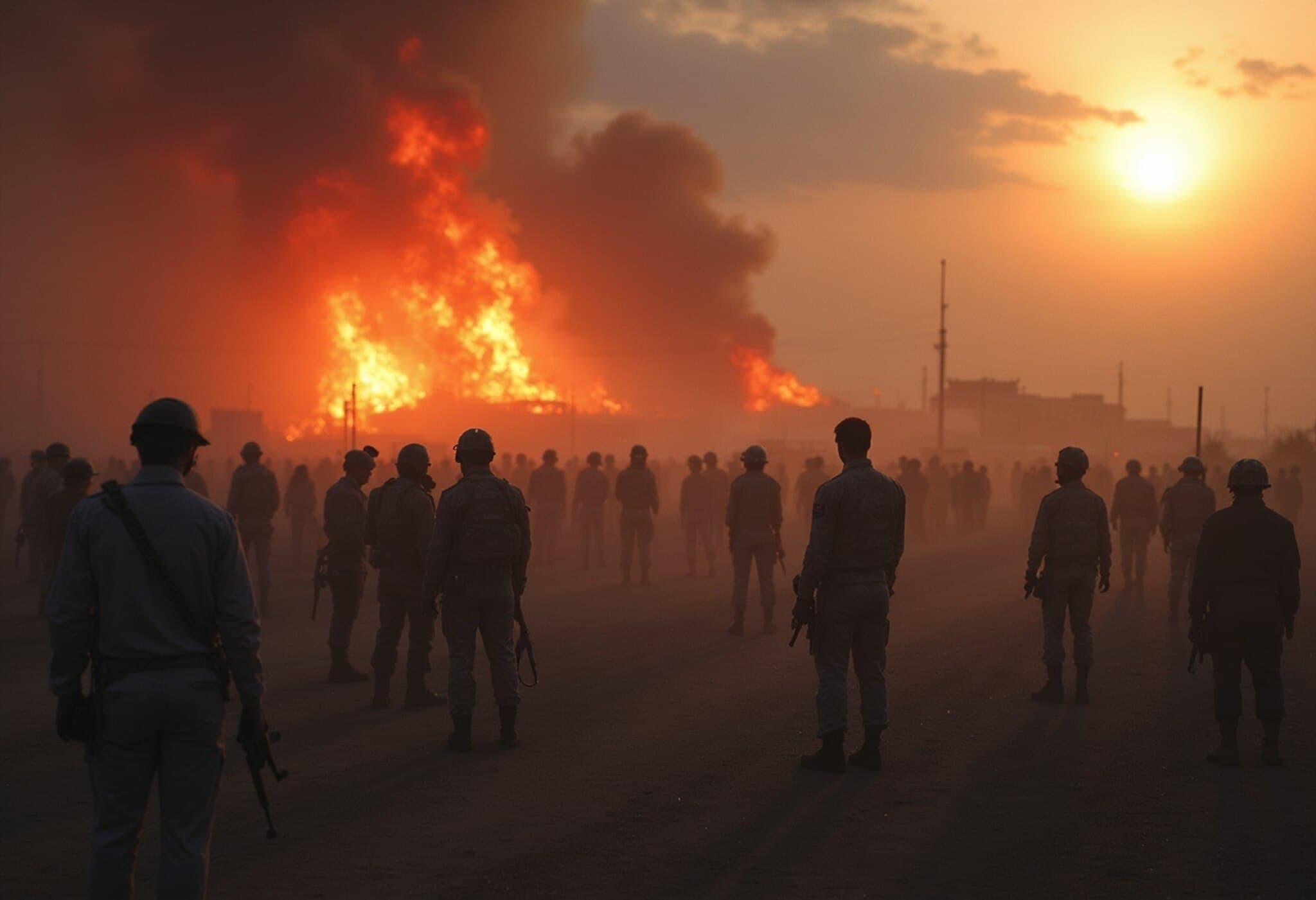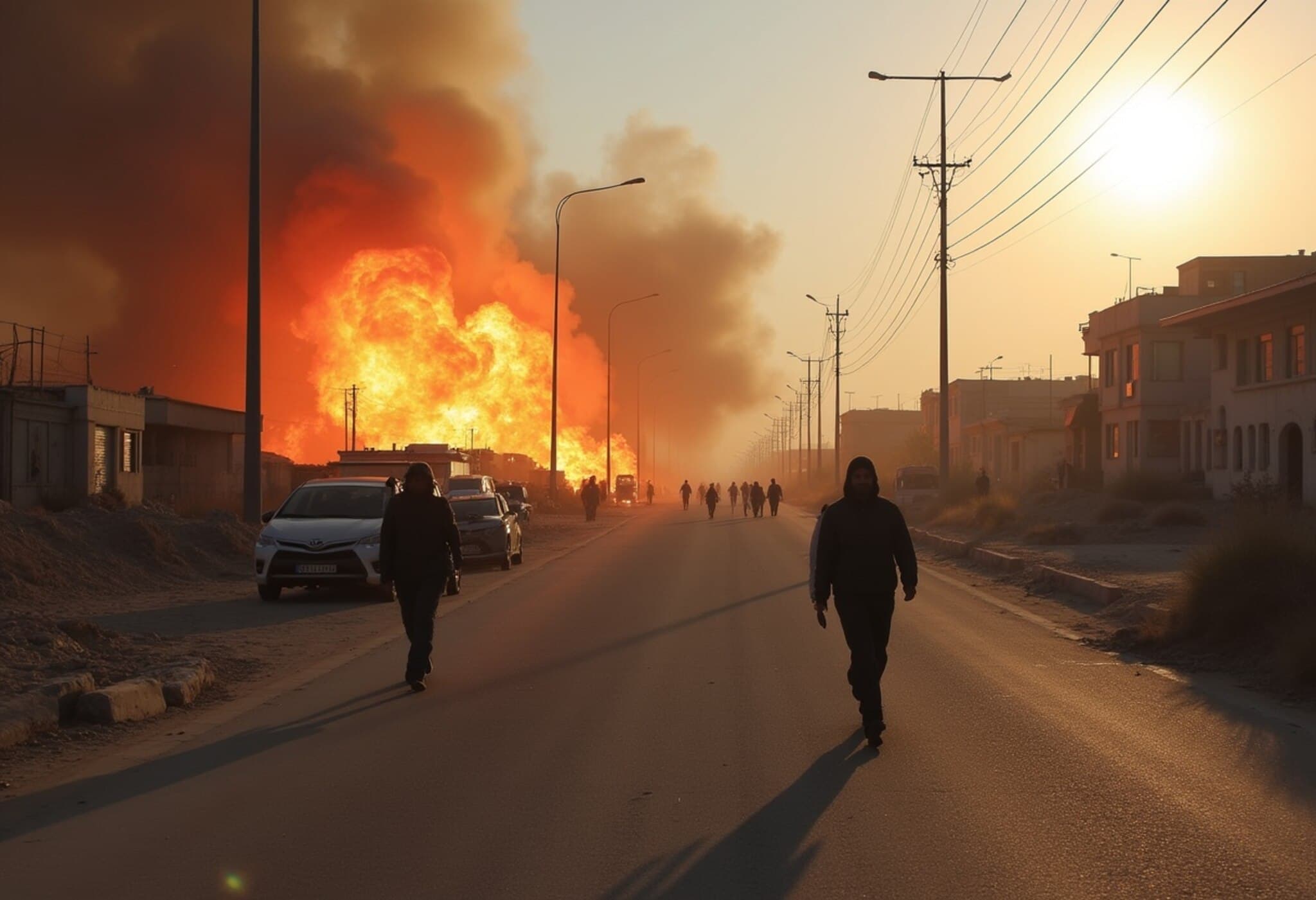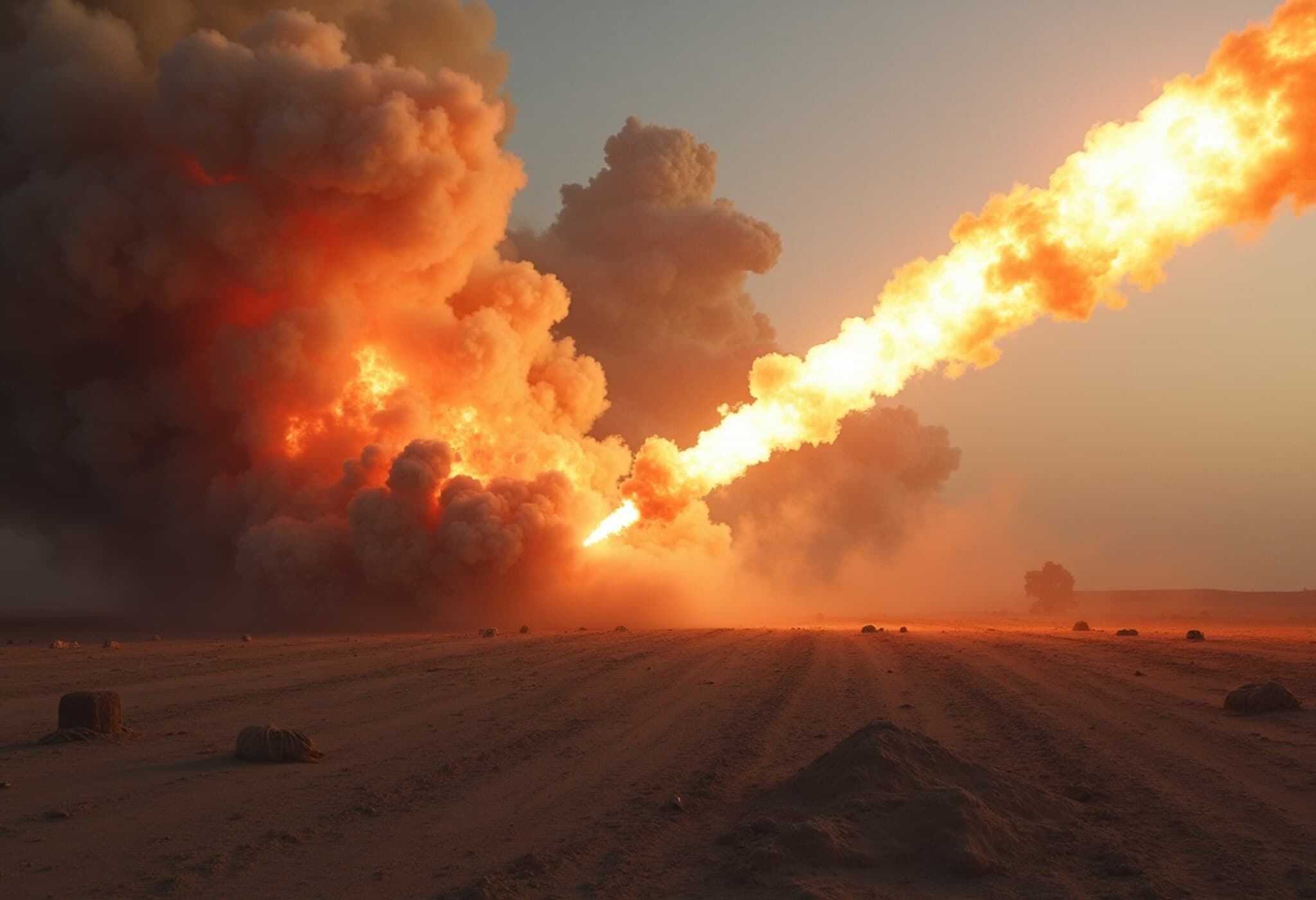Have Iran and Israel Reached a Ceasefire?
After days of escalating conflict, a tentative ceasefire between Iran and Israel appears to be in place, though tensions remain high. US President Donald Trump announced that both nations agreed to halt hostilities following missile strikes by Iran on a US military base in Qatar. Despite the announcement, violations from both sides have been reported, casting doubt on the truce’s durability.
Trump's Announcement and Reactions
On Monday, President Trump took to his social media platform to declare the ceasefire effective and urged both parties not to break it. Yet, within 24 hours, he criticized both governments for continuing military actions, singling out Israel for further airstrikes after apparently agreeing to stop.
In a firm message directed at Israeli Prime Minister Benjamin Netanyahu, Trump warned: "ISRAEL. DO NOT DROP THOSE BOMBS. IF YOU DO IT IS A MAJOR VIOLATION. BRING YOUR PILOTS HOME, NOW!" Netanyahu’s office later confirmed that Israel conducted one final strike near Tehran but pledged to avoid further attacks while emphasizing that it had achieved its primary objectives against Iran's nuclear and missile programs.
Background: The Attack on the US Base in Qatar
Iran launched missile attacks on a US military base in Qatar, responding to prior American strikes targeting Iranian nuclear sites. Qatar intercepted most missiles, and no casualties were reported. Qatar’s prime minister condemned the missile attack as "unacceptable" and stressed Doha’s commitment to de-escalating tensions in the region.
From Tehran's perspective, the attack targeted the US base as a defensive response to US military operations, asserting that Qatar itself was not a target.
Positions of Israel and Iran on the Ceasefire
Israel's Stance
Israel openly accepted President Trump's ceasefire proposal, coordinating closely with the US. The Israeli government indicated it had fulfilled its military goals. However, Defence Minister Israel Katz revealed that Israel launched additional strikes on Tehran, alleging Iran broke the truce first—a claim Tehran denies.
Iran's Response
Iran’s Supreme National Security Council officially confirmed its commitment to the ceasefire, yet expressed deep mistrust toward Israel. The council declared that while willing to hold back, Iranian forces remain vigilant and ready to respond if provoked, stating, "Our hands are on the trigger."
Current Developments on the Ground
An Iranian missile struck a residential building in Beersheba, Israel, killing at least four people. Israel claimed to have intercepted two additional incoming missiles. Conversely, Iran denied launching any missile attacks against Israel after the ceasefire began.
Qatar’s prime minister has called on both sides to adhere strictly to the ceasefire, which was brokered by the US with facilitation from Qatar.
President Trump outlined a staggered timing for the truce: Iran was to cease attacks by 04:00 GMT Tuesday, followed by Israel’s cessation of hostilities 12 hours later. This timeline marks an official conclusion to what Trump referred to as the "Twelve Day War." Whether this ceasefire holds remains to be seen as regional tensions simmer.

